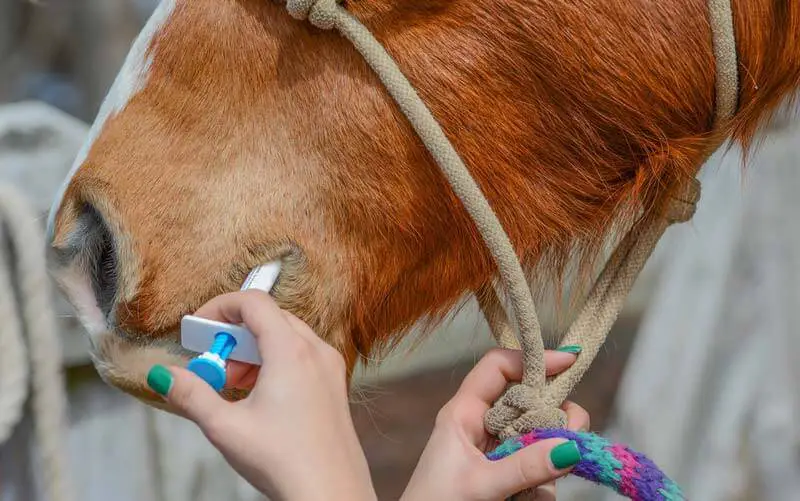 Stomach ulcers are a common problem; affecting as many as 90% of racehorses and some studies suggest up to 60% of performance horses. This means your horse is at risk of developing stomach ulcers without correct management.
Stomach ulcers are a common problem; affecting as many as 90% of racehorses and some studies suggest up to 60% of performance horses. This means your horse is at risk of developing stomach ulcers without correct management.
The condition is known as Equine Gastric Ulcer Syndrome (EGUS) and it’s caused by a number of factors, including diet, exercise and stress.
In nature, horses spend around 15-16 hours grazing per day. This behaviour isn’t only vital to their wellbeing, but fundamental in avoiding the formation of stomach ulcers. As horses produce stomach acid constantly, they require continuous feed in the stomach to act as a buffer and protect the stomach lining.
There are many signs that indicate the presence of stomach ulcers in your horse, including:
- Weight loss
- Poor body condition
- Dull coat
- Change in attitude
- Lack of appetite
- Poor performance
- Stereotypic behaviours
- Colic
Your horse may demonstrate one or more of these signs, so it’s difficult to assess the presence of stomach ulcers on your own. The surest way to diagnose the presence of stomach ulcers is by performing an endoscopy. Your veterinarian will pass a small camera down the oesophagus and look for ulceration of the stomach lining.
If ulcers are found, oral medication will be prescribed. Your veterinarian may also discuss changes to your horse’s feed and exercise regimes to prevent the recurrence of stomach ulcers.
Stomach ulcers range from mild to severe, but all cause your horse discomfort, which can also result in decreased performance. If you suspect your horse may be suffering from stomach ulcers, it’s important to ask the advice of your veterinarian.
I trust you have enjoyed this article and gained valuable knowledge to assist you on your journey of horse ownership.
Horses give so much and ask for nothing in return.



